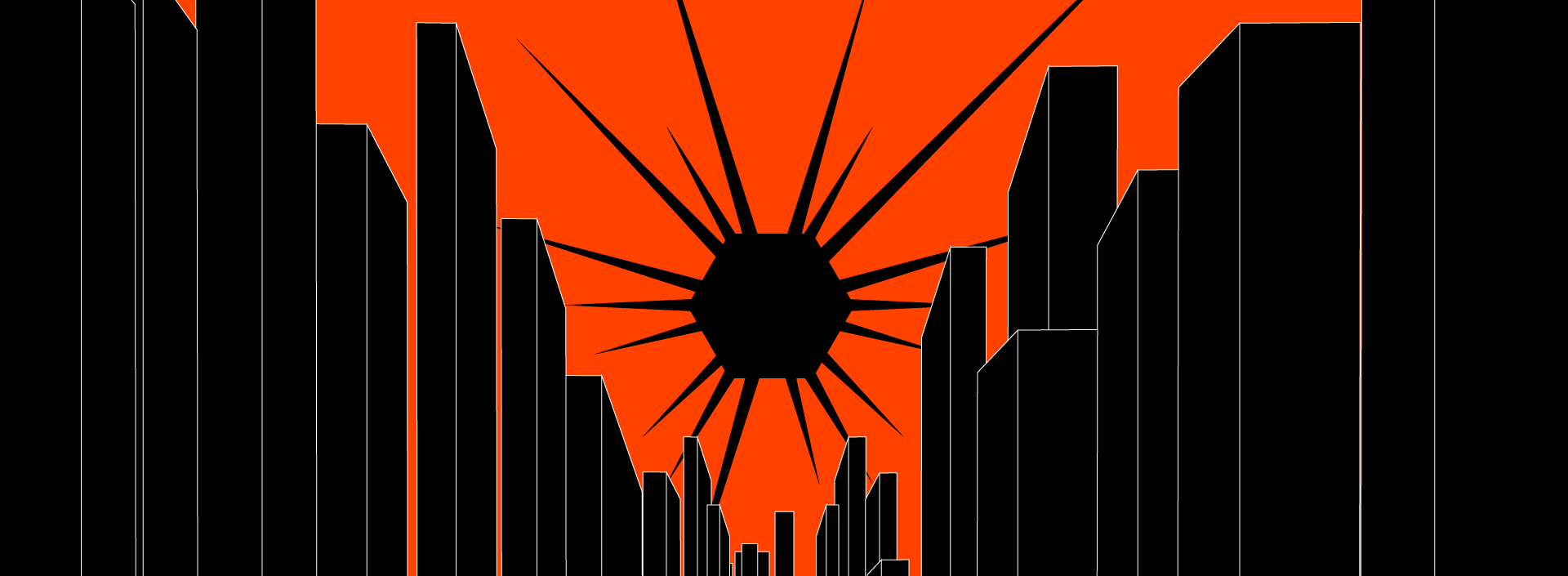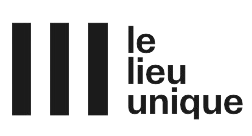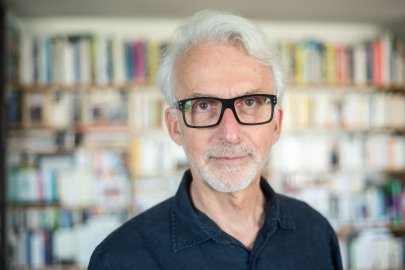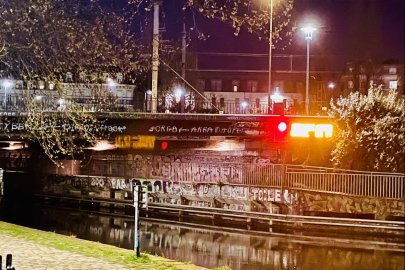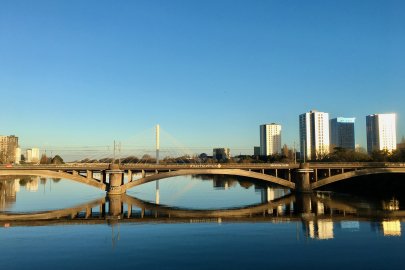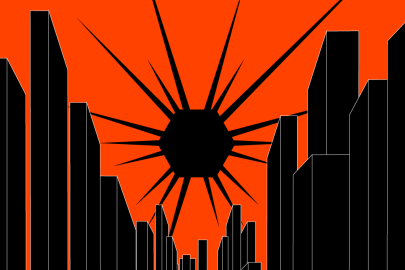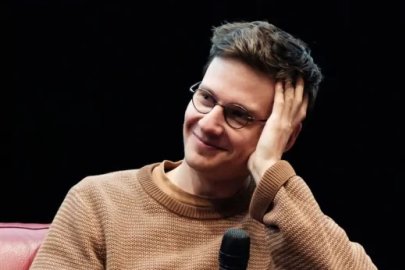Inhabiting, really?
Are we experiencing a housing crisis?
Beyond the - acknowledged - housing crisis, the ways in which we inhabit the earth have become problematic. The Anthropocene has yet to deliver its verdict, but it's forcing us to think afresh about dwelling: what is its ecosystem, and with whom are we actually living? How do we represent the home, the outside, private, public, intimate and extimate spaces?
While we can now see the limits of our desire and plans to master and control the living world, our fantasies in this area remain as powerful as the desire to monitor our lives, with artificial intelligence and digital ecosystems called in to help where necessary.
Questioning our human condition calls for the mobilization of scientific and artistic perspectives, inviting the powers of analysis and expression of historians, geographers, anthropologists, stage directors and writers. The result could be a whole new way of looking at things, and a whole new way of living! Inventing other ways of living may involve paying attention to the present, without gambling on the needs of future generations, and taking new care of things, through disengagement rather than mastery?
Tuesday 8 October 2024 - Theatres of the world, the makings of nature in the West
With Frédérique Aït Touati
For some decades now, philosophers and anthropologists have been asserting that ‘nature is no longer a setting’. But how was it conceived as such - the immobile framework for human action? The Earth remains elusive without the tools, images and narratives that we are constantly creating. We can now try to interpret them, not as the cause of our ‘anthroposcenic’ excesses, but as small, enclosed worlds in which to attempt to inhabit the chaos of the world. In her latest essay, Théâtres du monde, Frédérique Aït Touati examines the fabric of our modern conception of nature as a stable, fixed stage on which the human comedy is played out.
Frédérique Aït-Touati is a stage director and science historian. A researcher at the CNRS, she is interested in the links between science, art and politics.
Moderated by Xavier Fouquet

Tuesday 12 November 2024 - The world is vulnerable, how do we take care of it?
With Michel Lussault
The widespread urbanization of the world has taken hold since the 1950s, with particularly impressive momentum after 1950. In just a few decades, the "urban revolution" has profoundly transformed the Earth, societies, individuals, and their ways of living, to the point of becoming a vector of climate and ecological upheavals that clearly threaten the human habitability of the planet.
How can we face this unprecedented challenge in human history? Is it possible to invent entirely different ways of cohabiting—between humans and with non-humans—that would allow us to maintain and even repair this habitability? To achieve this, why not seek inspiration from care theories applied to our living spaces?
This is the reflection on which Michel Lussault and Laurent Devisme will focus.
Michel Lussault is Professor of Geography at the University of Lyon (École normale supérieure de Lyon), and a member of the Environnement, Ville, Société laboratory (UMR 5600, University of Lyon/CNRS).
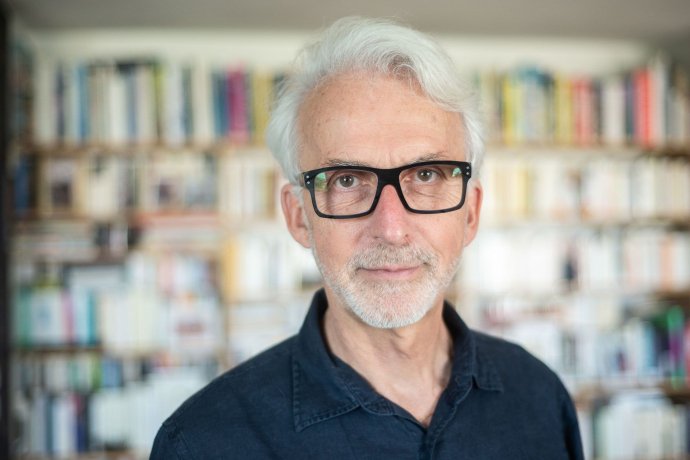
Tuesday 10 December 2024 - The housing machine
With Gwenola Wagon
In this first quarter of the 21st century, living is a problem, in both senses of the word: living at all, as much as living somewhere. This is the story of Max and Norma, who, like other coastal dwellers, have had to abandon their waterfront home. They've founded a new kind of real estate agency: they've become agents for imaginary homes generated by AIs, and their screens are the most intimate of housing machines. Are the images generated enough to realize their dreams of living? Can we find our own space in a latent space?
Gwenola Wagon is an artist and researcher. She teaches at the Sorbonne School of Arts and the University of Paris 1. Through installations, films and books, she imagines alternative and paradoxical narratives for thinking about the contemporary digital world. She investigates the space of hyperinformation and Internet infrastructures in collaboration with artist Stéphane Degoutin, with whom she has co-produced numerous pieces, including Cyborgs dans la brume and World Brain, the book Psychanalyse de l'aéroport international. After Erewhon and Virusland 2020, two post-cybernetic fables, she co-directed with philosopher Pierre Cassou-Noguès the film Anarchives du feu and the book Théorie-fiction des AI génératives, soon to be published by UV, which includes the story of Max and Norma.
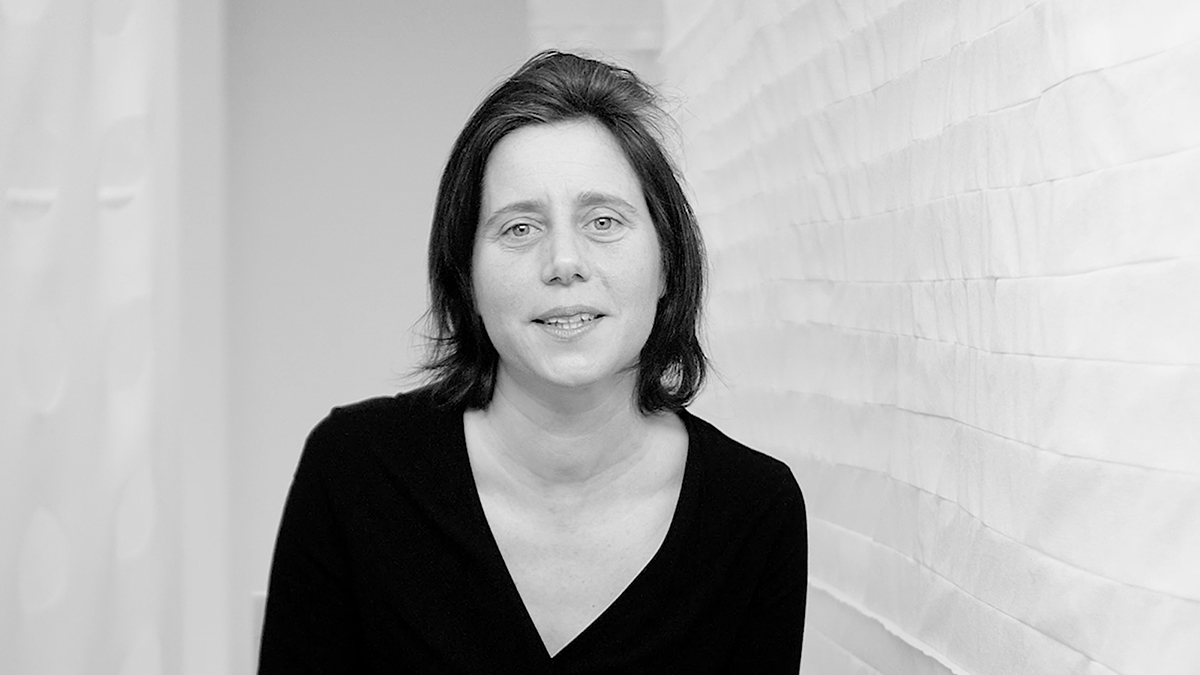
Tuesday 14 January 2025 - Deciphering the landscapes of the Anthropocene
With Anne-Marie Filaire and Diego Landivar
The way we inhabit the planet—our territories, cities, and social spaces—has been shaped by a drive to dominate and control nature through technology, dating back to the so-called "modern" era. This has transformed our landscapes and polluted our living environments. This conversation, featuring the photographer who has documented the fate of excavated land from the "Grand Paris" projects and the researcher who has explored the ecology of dismantling, will guide us in imagining alternative paths for our infrastructure while acknowledging this legacy.
Caroline Lanciaux will host this discussion.
Diego Landivar is a Franco-Bolivian economist and anthropologist. He currently holds the Chair of Living in the light of planetary limits at the Institut d'études avancées de Nantes, in partnership with ENSA, AURAN and SCE-KERAN. His work focuses on Ecological Redirection, based on an analysis of the infrastructures, organisations and practices inherited from capitalism. He is co-author with Emmanuel Bonnet and Alexandre Monnin of the book Héritage et Fermeture, published by Divergences.

Anne-Marie Filaire is a photographer, the author of radio plays broadcast on France Culture and a lecturer at the Paris Institute of Political Studies. Her work takes the form of a poetic exploration of man and his environment, focusing on the landscape and the intimate concerns of people confronted with geopolitical upheaval. Terres, sols profonds du Grand Paris was published in 2020 by La Découverte, and bears witness to the transformation of a city by extractivism.
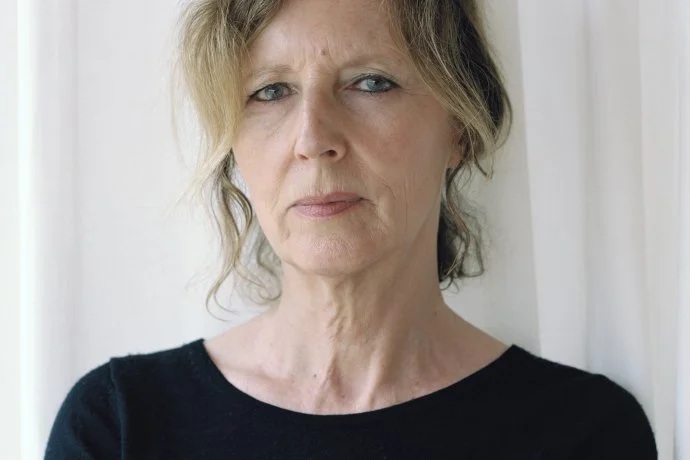
Tuesday 4 February 2025 - What resources do we need to make the world habitable?
With Philippe Simay
Our ways of building and designing spaces, based on the massive consumption of non-renewable raw materials, no longer make the world habitable. Rather, they represent a way of digging our own graves, taking with us all living beings—human and non-human alike. How can we break away from this deadly extractivist and productivist culture? More than technical solutions, we need to begin with a new understanding of resources to rethink a material ecosystem that is fairer and compatible with sustaining life on our planet.
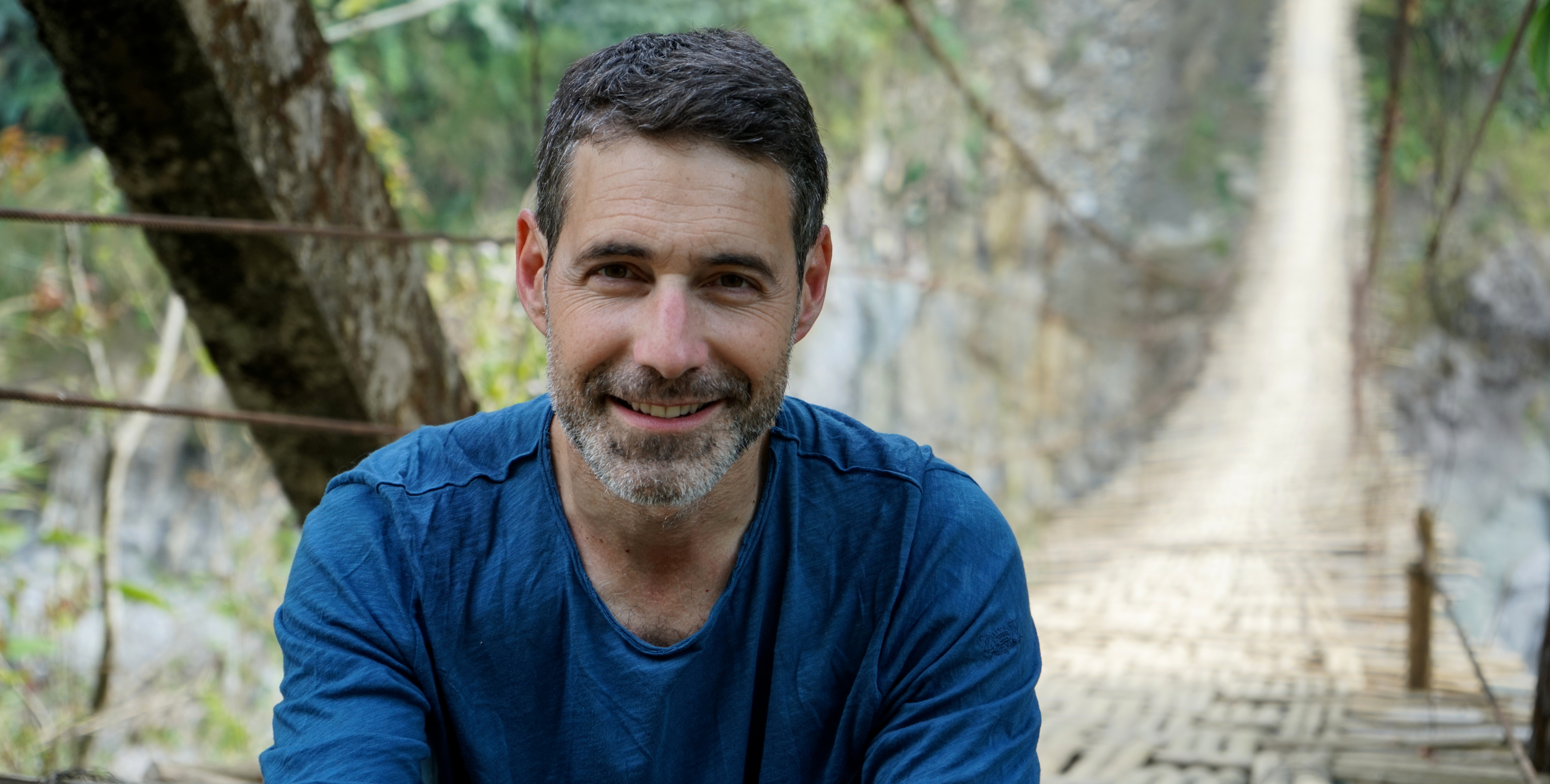
Tuesday 11 March 2025 - Can we do local and decolonial at the same time?
With Mathias Rollot
From the worlds of architecture and urbanism, and drawing on decolonial bioregionalist theories, the conference offers a committed discourse on a form of localism that is not a retreat into isolation but a popular ecological alliance with anti-racist struggles. It explores how to investigate the path of a "becoming native" that is neither cultural appropriation nor does it erase historical and contemporary power dynamics!
Mathias Rollot is a senior lecturer (HDR) at the École Nationale Supérieure d'Architecture de Grenoble, a researcher at Cresson (AAU), as well as an author, translator, and editor. His latest publication is Decolonizing Architecture (Le Passager clandestin, 2024).
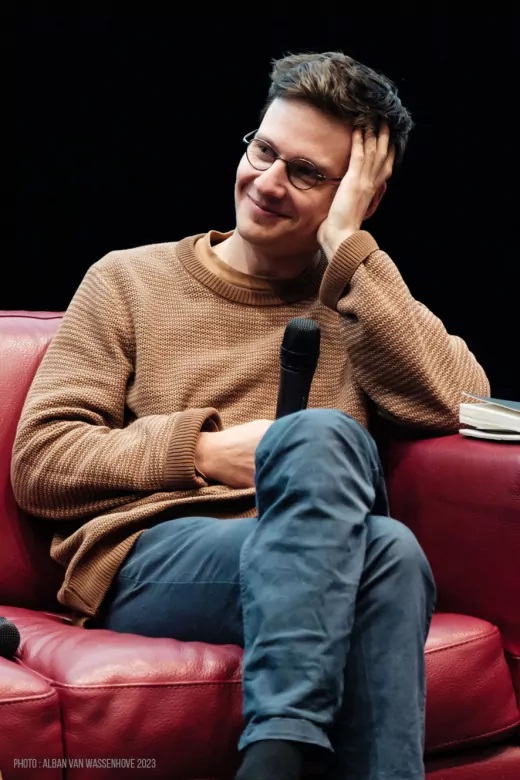
Tuesday 22 April 2025 - Technopolice: cities under police surveillance
With Félix Tréguer, researcher and member of La Quadrature du Net, and Florent Castagnino, lecturer and researcher.
Drones, predictive policing, algorithmic video surveillance: under the guise of optimisation and decision support, these technologies are transforming the entire urban environment into a vast surveillance enterprise. It is first and foremost a macroscopic surveillance, dedicated to the tight, real-time management of population flows. A close surveillance of individuals and groups. What does the proliferation of these technologies mean for our relationship with the city, our ways of moving around, meeting each other and living in it? How can we resist them?
Félix Tréguer is a research associate at the CNRS Centre Internet et Société and a member of La Quadrature du Net, a collective dedicated to defending human rights in the face of computerisation. He is also the author of Technopolice: la surveillance policière à l'ère de l'intelligence artificielle (Divergences, 2024).
Florent Castagnino holds a PhD in sociology and is a lecturer at IMT Atlantique. His research focuses on surveillance, urban security, and the use of artificial intelligence in policing systems. He coordinates the IAAP project funded by the ANR and was a visiting researcher in Canada in 2023 and 2024.
